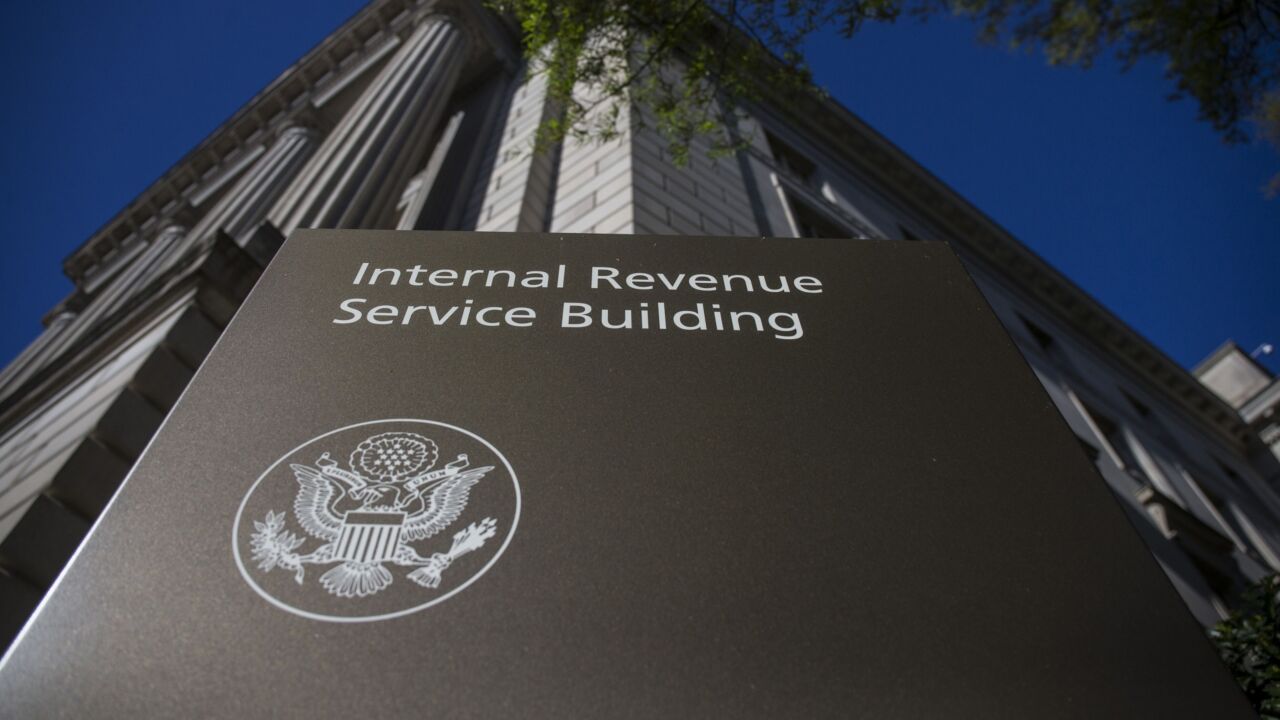-
The agency announced Wednesday it had filed a massive lawsuit against more than a dozen debt collectors, payment processors and related entities that the agency said failed to detect fraudulent collection tactics. By including processors in its suit, observers said the CFPB's move resembles the Justice Department's Operation Choke Point.
April 8 -
Created under the guise of a program to root out fraud and illegal activity, this initiative has been used by Obama administration bureaucrats to pressure banks to end relationships with businesses they consider objectionable or "high risk."
May 4 -
The Department of Justice announced a $4.9 million settlement Tuesday with CommerceWest Bank of Irvine, Calif., over charges that the bank knowingly worked with a third-party processor making illegal withdrawals from consumer bank accounts.
March 10 -
Until U.S. authorities can prove they have a better idea about how to provide short-term, small-dollar loans and other alternative financial services to people in need, they should stop trying to drive from business the lawful companies working to serve this market.
November 4
A recent internal
While the DOJ report exonerated attorneys of intentional wrongdoing, it also provided a glimpse into the overreaching mindset of federal officials. When Choke Point prompted banks to shut down the accounts of law-abiding businesses such as ammunitions dealers, firearms vendors, and home-based charities, officials described the development as a "collateral benefit" and "significant accomplishment." It's patently inappropriate for professionals to inject this type of subjectivity into their official duties.
The fallout from Operation Choke Point has harmed legal businesses and limited the options of the consumers who patronize them. This is especially evident in the short-term lending industry, where millions of Americans seek access to credit in order to make ends meet. When short-term loan providers are cut off from banking services, they cannot operate their business, which in turn hurts those who are underserved by the traditional banking system and need credit most.
Since the beginning of Operation Choke Point, more than 80 banks have terminated relationships with payday lenders, from large national banks to small local branches. These closures are presumably the result of the DOJ program, and it appears likely that more law-abiding businesses will continue to lose banking access as long as Choke Point is in effect.
This is why the Community Financial Services Association of America has filed a
In fact, around the same time that the DOJ report was released, a family-owned and operated business in California called Westshore Cash and Loan was forced to close its doors after being cut off from its bank. According to its owner Allison Deguisne, Westshore Cash and Loan was
The fact of the matter is that Operation Choke Point continues to cause harm to both businesses and consumers and even a misleading federal report cannot hide it.
Dennis Shaul is the chief executive of the Community Financial Services Association of America, which represents nonbank lenders. He previously served as a senior advisor to former Representative Barney Frank and as a professional staff member of the House Financial Services Committee.





